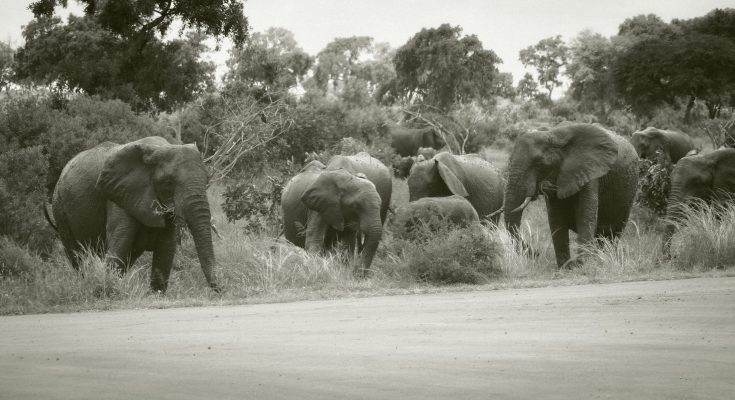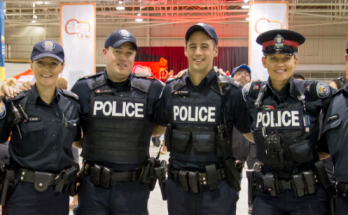CMEDIA: The illegal wildlife trade is deeply connected to other forms of organized crime, a new University of Waterloo study has found, including arms dealing, drug trafficking and human smuggling,
Leading the research as part of her PhD at the University of Waterloo (UW), Michelle Anagnostou explores the dark world of wildlife trafficking in Canada and reveals its connection to international organized crime groups.
While doing the research, she said she was shocked to discover the big knowledge gap that exists when it comes to the illegal activity that’s worth billions annually.
“Law enforcement agencies in South Africa, Hong Kong and Canada have identified links between this and other major crimes…It is a complex, high-stakes criminal problem that affects public health, biodiversity and human security…Canada might not be the first country people think of in relation to illegal wildlife trade, yet our research finds it is occurring from coast to coast…This study is unique because it shows that even high-income countries also experience this interconnectedness of criminal activity involving the illegal trade of plants and animals.” Anagnostou has said
Wildlife trafficking is an illicit business involving the unlawful harvest or trade of animals and plants. According to the study, the illegal wildlife trade has wide-reaching implications for society globally.
RCMP committed to disrupting criminal threats: spokesperson
Committed to protecting Canadians and Canadian institutions , the RCMP, Canada’s national police force, says it will work to detect, investigate and disrupt the most significant criminal threats.
Majority of these investigations are focused on organized crime networks that traffic multiple commodities within and beyond Canada, said Robin Percival, a spokesperson for the force.
RCMP works with partner law enforcement agencies and the private sector, Percival said, to investigate the laundering of proceeds of crime from the criminal trafficking of multiple commodities.
The force also investigates and charges criminal actors with suspected involvement in the trafficking of multiple commodities, Percival said.
The study is a prime example of the kind of research that can inform policy with real-world experience to solve a global problem, said Brent Doberstein, a professor in the Faculty of Environment at UW and Anagnostou’s doctoral supervisor.
“This work promises to both extend what we know about the complex world of illegal wildlife trade and help in designing interventions to reduce the extent of this crime,” Doberstein said.
Using “innovative methods of data collection” Anagnostou’s research has access to law enforcement and intelligence experts, who often cannot publicly share opinions or experiences.
The next phase of the research will focus, Anagnostou said, on understanding how best to implement anti-money laundering interventions to counter wildlife trafficking in Canada and added,
“How do we do this better? How do we follow the money, so to speak, and use financial transactions and leverage banks and financial intelligence units to better address this crime and essentially get to these higher up criminal offenders who are really, really making a lot of money?”
The research was funded by The Social Sciences and Humanities Research Council of Canada (SSHRC) and UWaterloo.
For her outstanding academic achievement and inventive research, Dr. Anagnostou won the Governor General Gold Medal and the PhD Alumni Gold Medal at Waterloo’s convocation.
The study, Disentangling and demystifying converging crimes and illegal wildlife trade in South Africa, Hong Kong, and Canada, appears in the Journal of Economic Criminology.





